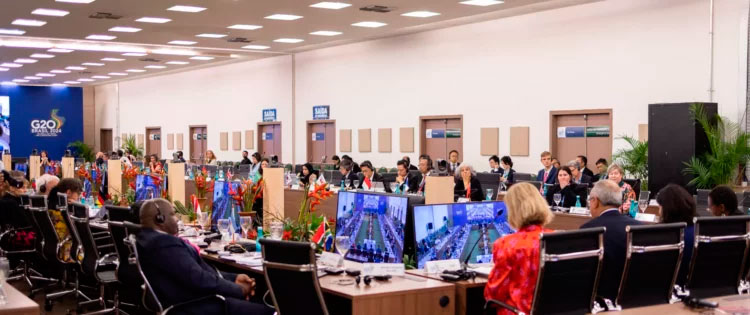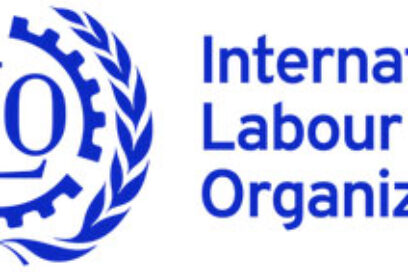 The International Labor Organization (ILO) reported that 27 national governments reaffirmed their support for a global initiative to close the gender pay gap by 2030.
The International Labor Organization (ILO) reported that 27 national governments reaffirmed their support for a global initiative to close the gender pay gap by 2030.
Two states recently agreed to join the Equal Pay International Coalition (EPIC), and two others agreed to step up efforts to address the scourge at the national level.
The addition of Chile and Türkiye brought the number of government members to 27; in addition, Spain, already a member of EPIC, and Japan agreed to do more to support the coalition’s goal, the UN agency said.
The Initiative currently has 63 members, including employers’ and workers’ organizations, international organizations, academic and civil society institutions, and national governments.

The new commitments were unveiled at an event organized by EPIC and the Brazilian government during the Group of 20 (G20) meetings in Fortaleza, Brazil, in July 2024, according to a press release issued Wednesday.
According to the ILO, there is a growing international understanding that equal pay for men and women for work of equal value strengthens countries’ ability to achieve the Sustainable Development Goals (SDGs), thereby reducing hunger, poverty, and inequality.
Currently, the main factors hindering women’s access to the labour market are gender-based wage discrimination and ethnic and racial inequalities, in addition to other factors such as the disproportionate share of domestic work, exposure to violence and harassment in the workplace, the document recalls.
Despite important advances in gender equality policies and measures, «women around the world still earn less than 80 cents for every dollar earned by men,» said Chidi King, Head of the ILO’s Gender, Equality, Diversity and Inclusion Department.
But that figure, she deplored, is even lower for mothers with young children, refugees, migrants, the disabled, indigenous women, and many other women, especially those working in the informal economy.
«We have a collective responsibility to close the gender pay gap: make it visible, measure it, find innovative and practical solutions to address it, and accelerate progress towards SDG target 8.5,» summed up ILO Deputy Director-General Celeste Drake. (PL and ILO)


